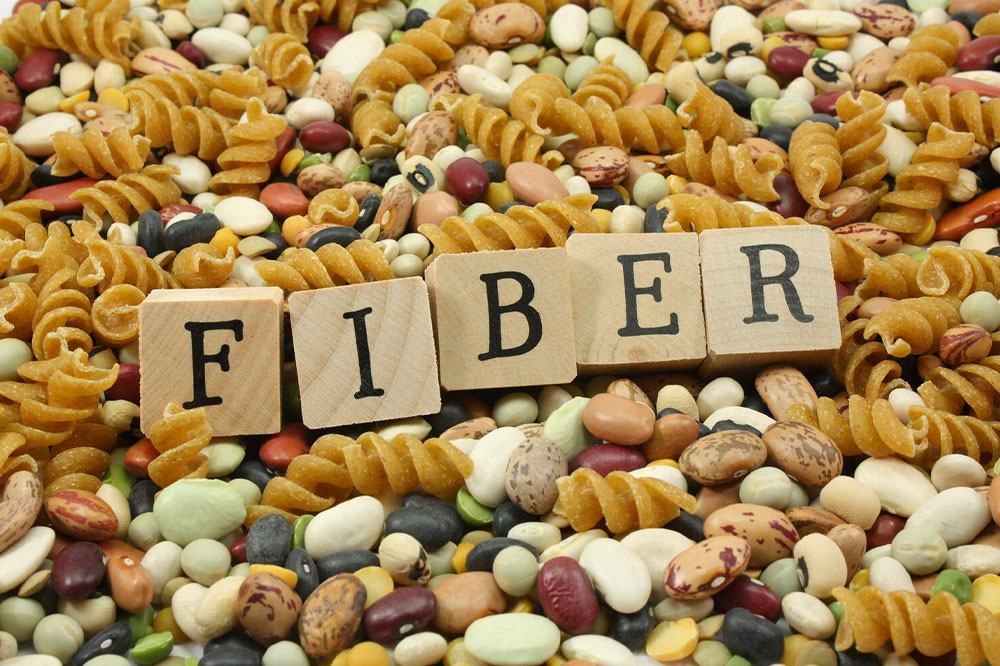Comprehensive Guide to Diet and Digestive Health: Alleviating Constipation Naturally
Learn how your diet impacts digestive health and discover practical strategies to prevent and alleviate constipation through fiber-rich foods, hydration, and lifestyle changes. This comprehensive guide offers actionable tips for maintaining a healthy gut naturally, improving bowel regularity, and enhancing overall well-being.

Comprehensive Guide to Diet and Digestive Health: Alleviating Constipation Naturally
Your dietary choices profoundly influence your digestive system’s health and functionality. A balanced diet rich in specific nutrients can promote healthy bowel movements and reduce discomfort associated with constipation. Conversely, poor nutrition habits and certain foods can disrupt gut health, leading to persistent constipation that impacts overall quality of life. Recognizing the impact of diet on digestion allows you to make informed food choices that support a healthy gut and prevent chronic digestive issues.
Chronic constipation is characterized by bowel movements that occur less frequently than normal or are difficult to pass, lasting for more than three months. It can be caused by a range of factors including diet, lifestyle, medications, and underlying health conditions. Among these, dietary habits are one of the easiest and most effective areas to modify to improve bowel regularity. Emphasizing foods rich in fiber and ensuring adequate hydration can significantly alleviate constipation and promote overall gastrointestinal health.
Understanding the Causes and Effects of Constipation
Constipation results from slow movement of waste through the digestive tract, leading to infrequent, hard, or painful bowel movements. Causes are diverse and can include insufficient fiber intake, dehydration, sedentary lifestyle, stress, and certain medications. Diet plays a pivotal role; a lack of fiber-rich foods, excessive consumption of processed foods, and insufficient water intake contribute to bowel sluggishness. An informed approach to nutrition can prevent these issues and facilitate smoother digestion.
Effective management of constipation begins with understanding how dietary choices influence gut motility. Tailoring your diet to include specific foods aimed at promoting regularity can make a significant difference in digestive health. Monitoring and adjusting your eating habits can help prevent the inconvenient and sometimes painful symptoms associated with constipation.
Incorporating Fiber-Rich Foods for Optimal Digestion
Fiber is a vital component in a diet aimed at supporting bowel health. It adds bulk to stool and facilitates easier passage through the digestive tract. There are two types of fiber that complement each other: insoluble and soluble fiber. Insoluble fiber provides bulk that speeds up the movement of waste, while soluble fiber absorbs water, softening stool and making it easier to pass. Incorporating a variety of high-fiber foods into your daily diet can provide the necessary nutrients for a healthy gut and regular bowel movements.
Excellent sources of dietary fiber include:
Whole grains such as oats, brown rice, and whole wheat products
Vegetables like carrots, broccoli, sweet potatoes, and leafy greens
Fruits including apples, pears, berries, and bananas
Legumes such as lentils, chickpeas, and various types of beans
Nuts and seeds, including almonds, sunflower seeds, and flaxseeds
Foods and Beverages to Limit or Avoid
To maintain optimal digestive health, it is equally important to reduce or eliminate certain foods that can exacerbate constipation:
Refined grains like white bread, pastries, and baked goods that lack sufficient fiber
Foods high in unhealthy fats, such as fried fast foods, chips, and processed snacks
Excessive intake of red and processed meats, which can slow digestion
High-fat dairy products like cheese, cream, and whole milk
Overconsumption of caffeine and alcohol, which can lead to dehydration
Additional Tips for Enhancing Digestive Well-being
Rely primarily on whole grains, fruits, vegetables, and legumes instead of over-the-counter laxatives; these promote natural bowel movements.
Maintain adequate hydration by drinking plenty of water throughout the day, limiting sugary or caffeinated beverages.
Eat smaller, more frequent meals to reduce the burden on your digestive system and facilitate smoother digestion.
Incorporate physical activity into your routine, as regular exercise promotes gastrointestinal motility and overall gut health.
If constipation persists despite dietary adjustments, consult a healthcare professional. Persistent issues may indicate underlying health concerns that require medical attention.
In conclusion, a well-balanced diet emphasizing high-fiber foods, proper hydration, and a healthy lifestyle can significantly improve digestive health and prevent or relieve constipation. Making informed dietary choices is a proactive way to support gut health and enjoy a more comfortable, healthier life.




